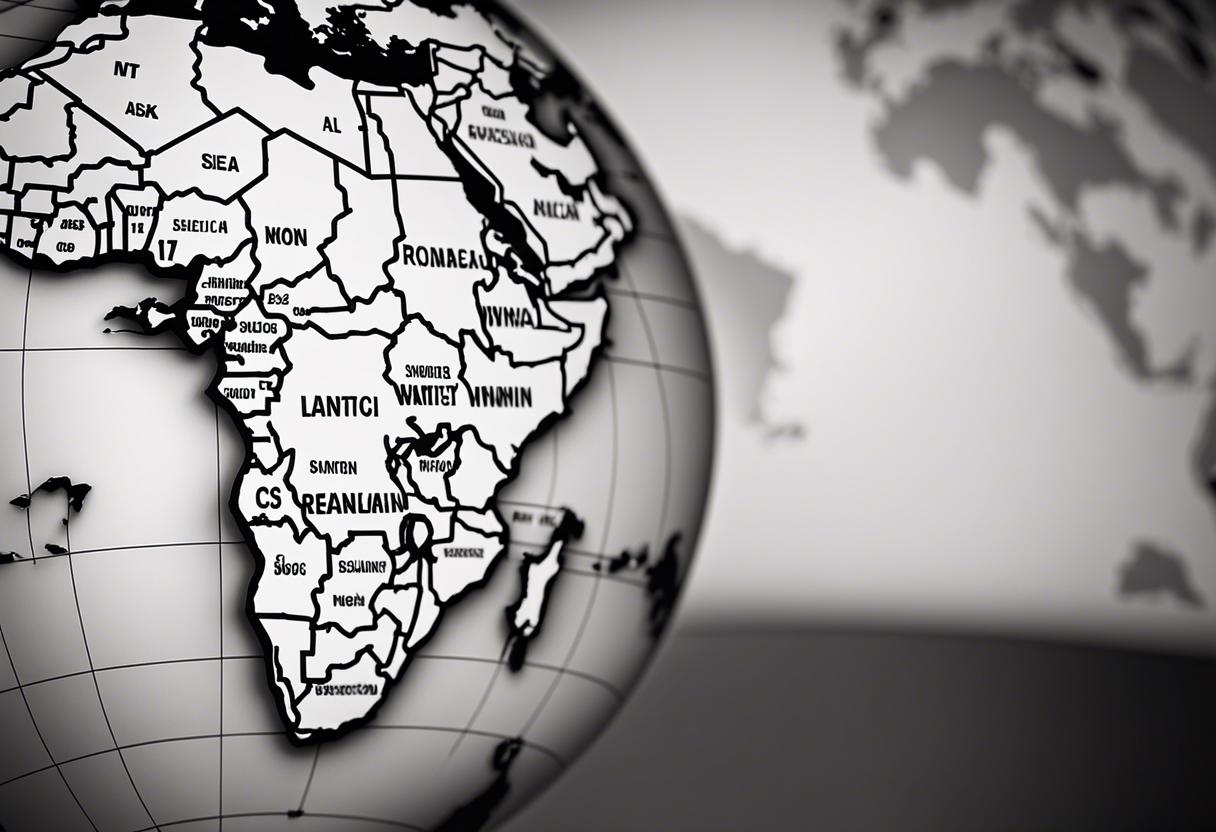The Irish President, Michael D Higgins, has stressed the importance of allowing an international investigative team to observe points where aid to Gaza’s citizens is stored, amid increasing fears of widespread hunger in the conflict-ridden area. He called for a shift in focus from verbal disputes over the provision of aid to its actual distribution.
On Tuesday, President Higgins conveyed his warning, while Volker Türk, the United Nations’ supreme human rights commissioner, decried the escalating starvation and pressed for heightened international attention to humanitarian aid.
President Higgins underscored the urgency of addressing the state of a substantial segment of Gaza’s populace, now grappling with extreme famine. He emphasised the need to ensure that their plight is not diminished to mere debates about aid distribution hindrances.
Branding the act as unconscionable, President Higgins cautioned the global community against hollowly taking sides in the aid blockade dispute. He asserted that for the sake of humanity and collective global interests, it is imperative to ascertain, address, and promptly provide all necessary aid.
He also suggested the need for an international body to investigate aid distribution points and share their conclusions with all concerned parties, particularly those helping feed Gaza’s people, including the UN. He believed this approach, consistent with the International Court of Justice’s directive to safeguard civilians, would be of immense value.
He calls on the international community to not only welcome the establishment of verifiable facts regarding the availability of life-essential supplies, but to insist upon it. He warned that neglecting this issue shouldn’t be met with quiet immunity.
A grim picture of the situation in Gaza is painted by a recent report from a respected international food security and nutrition authority. It warns that “famine is just around the corner”, pushing the region to the brink of escalating malnutrition and death rates.
The Global Initiative for the Integrated Food Security Phase Classification, established in 2004 by United Nations bodies and international aid organisations, has only twice previously raised concerns about famine. The first instance was in Somalia in 2011, and the second was in South Sudan in 2017.

